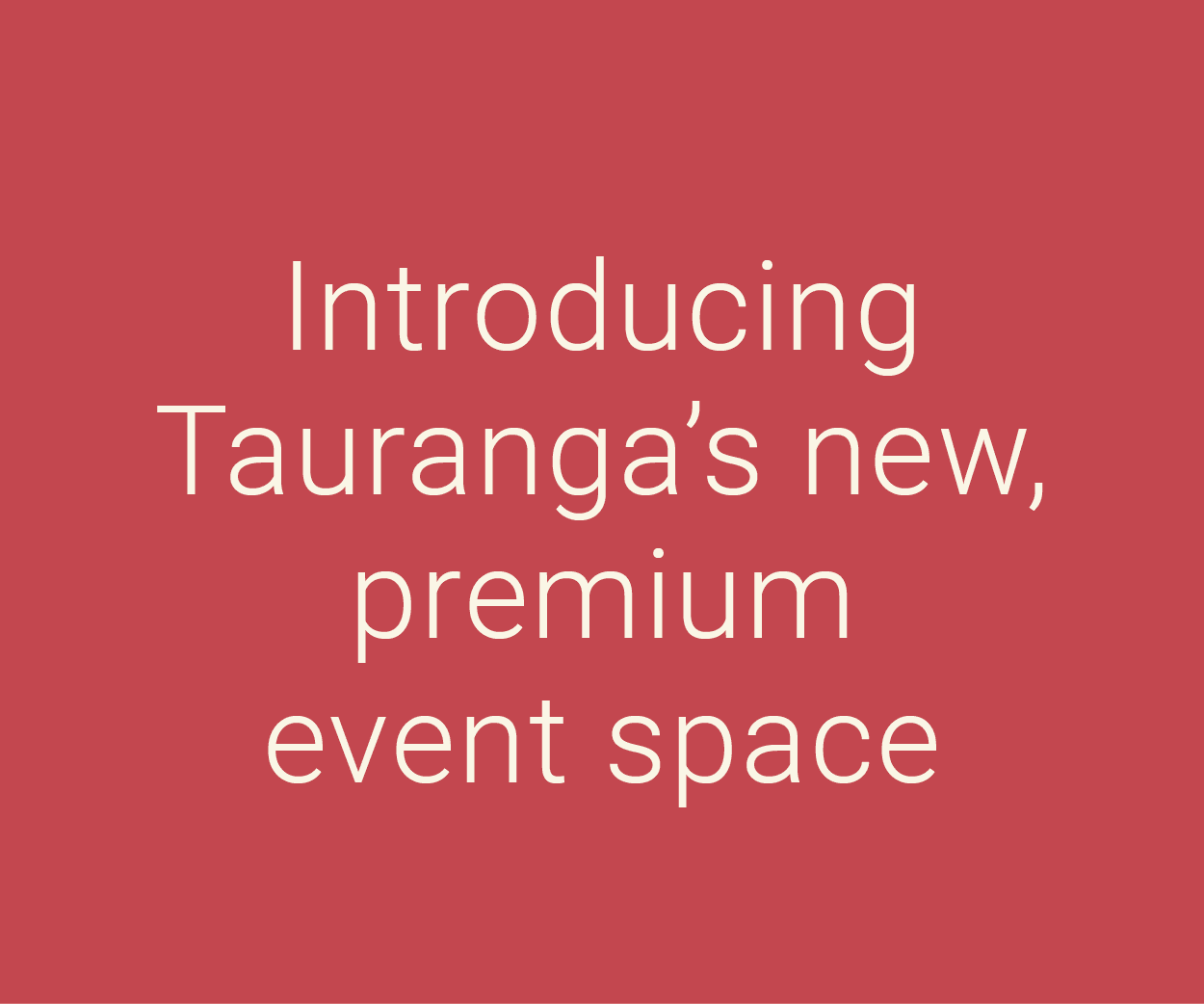There are thousands of baches for rent in the wider BOP and Coromandel regions and I would put money on a significant number of these being owned by GST registered entities.
Sometimes the GST registration is necessary because the total rental is over $60,000 per year, or the entity owning the bach carries on some other GST taxable activity.
In these cases the owner has had no choice but to make the property subject to GST, meaning GST can be claimed on the purchase but must also be paid on the eventual sale of the bach.
This is the same as for any other business asset, but because the expectation is that baches will rise in value the owner effectively pays GST on the capital gain on the property.
On the other hand, there will be a number of bach owners who have registered for GST voluntarily. You might be wondering why do they do this?
In my experience, this is often done to make the sums work on buying the bach in the first place. Especially with coastal properties increasing in value significantly in recent times, if a buyer is struggling to get the purchase over the line with the bank they may see making a GST claim an easy way to reduce the overall cost of purchase and therefore the amount they need to borrow.
But this strategy can be short-sighted because GST will be payable on sale of the bach.
Take the example of a bach that was bought for $600,000 and the owner claimed back GST of $78,260. If the bach increases in value by $1m, a $1.6m sale means the owner has to pay $208,695 in GST. Being GST registered will have cost the owner a net $130,434 in GST.
Often this is not well understood by the owner and can be a surprise when they come to sell.
The good news for these owners is that a recent GST law change may give them ability to opt the bach itself out of the GST net by paying back the GST that they claimed in the first place.
If the purchase was zero-rated for GST the opt out still applies, but the amount of GST payable is based on the GST that would have been charged on the purchase if it had not been zero-rated.
Owners are only able to opt out if the bach was acquired and used primarily for private purposes, so as a family bach rather than a permanent short-term rental for example, and they have to be able to fund the GST that will be payable to Inland Revenue.
The rental income remains subject to GST after making the opt out election and GST is still claimable on the rental costs.
But the upside is that the GST payable on opting out is based on the cost of the bach, not the current market value or the future sale price.
This represents a real saving for affected owners when you look at the long-term position and is preferable to deregistering for GST because this will cost the owner GST on the current market value.
There is a two-year window in which to make an opt out election for baches bought before 1 April 2023, and similar rules apply for baches purchased after 1 April where the owner can elect not to claim the GST on purchase and the future sale will not be subject to GST.
If this sounds like something you need to consider make sure you seek advice from your accountant or tax adviser.
Related: Year-end tax considerations










